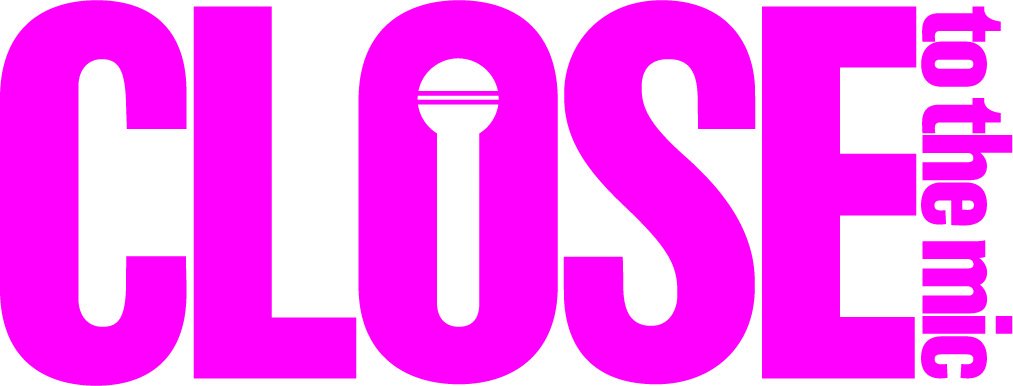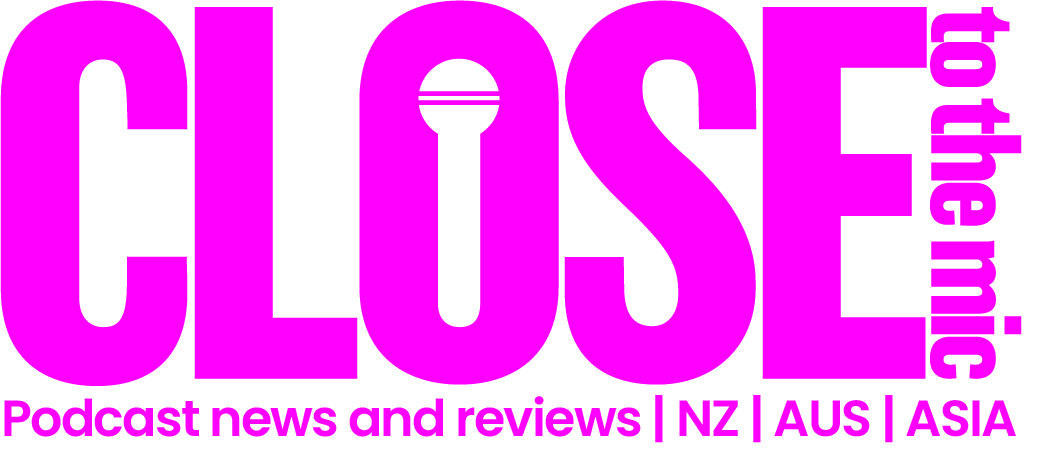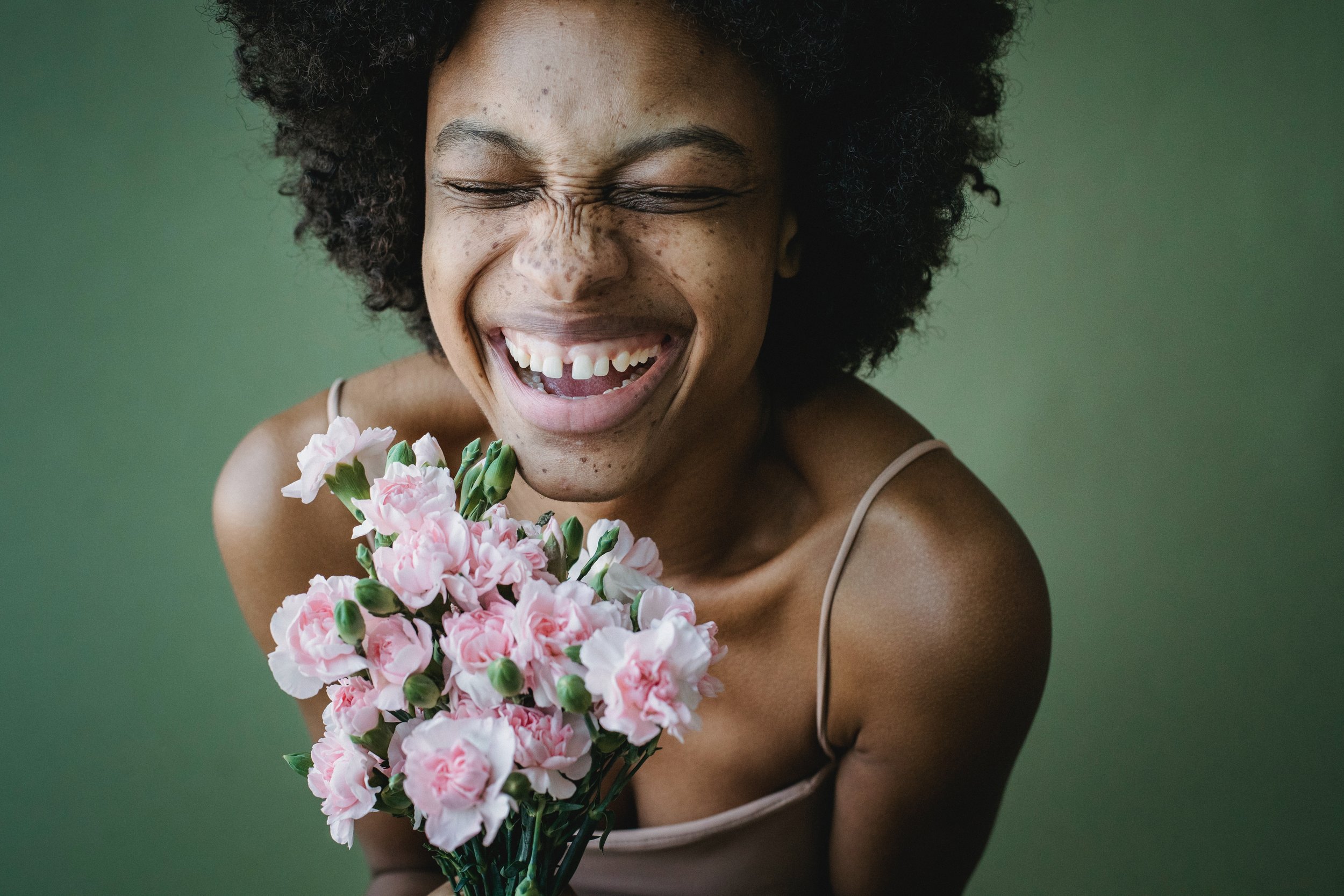Is the Path to Happiness All it’s Cracked Up to Be?
By Sonia Yee
What does it take to find your true path to happiness? Image: Antonius Ferret
It’s a Tuesday night and I’m home alone. It’s dark outside and my ten year old son has just headed off to his first school camp. I’m nervous - all I can think about is whether I’ll get a call from the school or a hospital telling me he’s fallen off the side of a cliff. While that might sound dramatic, it happened to an old school friend when we were thirteen, and the friend in question was taken by helicopter to hospital, ending up with metal plates in her face, arms and legs.
Which brings me to how I found, But Are You Happy? The new podcast from Mamamia explores a big question many of us think about, but very rarely ask. Presented in a simple conversational format, the podcast features weekly interviews with TV personalities and influencers, the people we look to, and maybe even aspire to, whose lives seem utterly perfect.
In the first episode, podcast presenter Clare Stephens finds herself in the hot seat in that well-worn convention of giving us an ‘insight into the hosts life’. In this case it’s, “to show some vulnerability” as instructed by her producer. While the idea is unoriginal and laying it out on the table leaves me slightly shuddering, at least it’s a break away from Stephens reading from a script, which I’ll get to in just a bit.
Thankfully, as the conversation gets rolling between Stephens and another journo, her voice relaxes and we finally get to hear ‘her’ for the first time. Through the episode, we find out about Stephens’ career highs and lows, competition with her identical twin, the impact of wellbeing on her sense of self, her work, and outlook on life.
Career is the first topic off the block, and it’s a good one. Given we all have to work, it’s something most of us can relate to. This is also where we find out what it was like for Stephens to find her true calling - by taking on a role she hated, becoming editor in chief at Mamamia.
Happiness means different things to different people. Image: Caique Nascimento
Climbing the corporate ladder might have looked like a dream job, but Stephens says being appointed to the role before turning thirty was a lot, including finding out along the way that ‘managing people’ wasn’t one of her strengths.
“I didn’t realise how hard I found it until I was completely exhausted,” she says of the role.
Stephens reflects on her contribution in the job, especially in creating an environment of equity and fairness, where the more introverted members of her team were made to feel ‘seen and acknowledged’ - a trait she recognises as one of her own.
But on the flip-side, FOMO kicked in when she saw others around her achieving and pursuing their creative passions. She says these ‘pangs of envy’ were eating her up.
“I was jealous, and I didn’t want that to turn into resentment and bitterness,” Stephens says.
In the end, she left the role feeling that it was “a thankless job where you go overboard for people who will hate you at the end of the day”.
Searching for happiness is an elusive quest. Image: Luizclas
“I hate letting people down and not liking me … they are recipes for a terrible life as a people manager because you’ve got to be comfortable making decisions for the business, rather than for people,” she says.
The conversation transitions to Stephens’ feelings of inadequacy, prompted by pointy questions from the journo, and we find out what it was like to cover The Logies in the Gold Coast where she was doing a recap of the event.
“The one thing I noticed about red carpets was that no matter if [I got my] hair and makeup done, I always felt like a different species to everybody else there. I don't look like that [and] I’m never going to look like that,” she says.
In that moment of listening, my ears prick up for the first time, as I sit there, alone eating my microwaved pad thai noodles.
“[I] came away feeling icky … people are thinner than you notice on television, far more flawless … but seeing it in person is a bit more confronting,” she says.
From here the conversation goes into competition with her twin sister and feeling like she’ll never be good enough. It’s sad, endearing, and yes, that “vulnerability” makes me like her more.
And then something happens - a lovely unexpected moment - Stephens’ mother is on an audio recording, which is played back to her. And this is the precise moment I find myself welling up.
Despite no one else being the house, I’m trying to stifle back my tears, caught up in that moment thinking about my son, the child who is at school camp, most likely having the time of his life.
This segment in the podcast episode is really quite special.
Is it worth a listen? Good question…
The format is very formulaic, and all of it has been well-tested and repeated in podcasts of all genres. With the ‘vulnerability’ logic behind the first episode, I see its validity, but the way it’s introduced in the script feels awkward and cringe worthy - we know the formula, so it doesn’t need to be spelled out to us.
The ending of the podcast is also formulaic and too ‘by the book’ for my liking. The wrap-up-reflection of ‘what Stephens learnt from the episode’ feels unnecessary; even if the producers have pitched the format for the series, this particular episode would have been much stronger without it. But that isn’t to say that Stephens has no value to add - she does.
As an audience, we are smart enough to hear how Stephens felt about finding her own happiness and it’s up to us to ‘feel’ and identify with her, or not.
Which brings me back to the presentation: Stephens isn’t sitting ‘in' her voice’ and there is too much energy, and not enough intimacy (or lack of vocal training behind the mic), which results in slightly frenetic and nervous energy. And that’s what I mean about hearing ’the real her’ once she’s talking to someone else, rather than reading form a script that’s when her voice starts to settle; she’s more relaxed, and therefore, it invites us in.
If the talent in the series are prepared to be as ‘real’ as Stephens, then this will be one of those ‘listen before bed’ kind of podcasts - a reminder that life can change, and that nothing is ever as bad as you think.
I have no doubt that But Are You Happy? will resonate with Mamamia’s audience, especially women who find themselves caught at an intersection or crossroads in their career.
As for how Stephens feels about reaching her happy place: “My idea about happiness is less about hedonism and ecstatic joy, and more about meaning … if I can look back on my life and see that it has been meaningful, that will make me happy,” Stephens says.
Review Rating: 3.5/ 5





